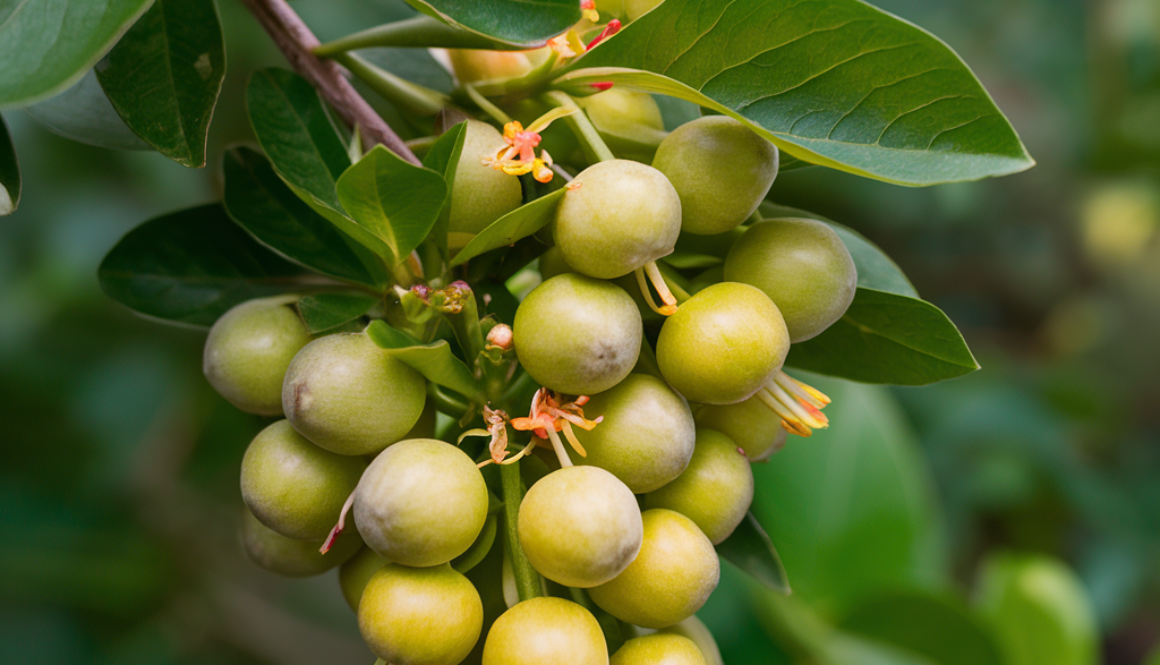Wild jujube
Wild jujube, scientifically known as Ziziphus mauritiana, is a species of small, drought-tolerant tree native to tropical and subtropical regions of Africa and Asia. Also referred to as Indian jujube or Chinese date, this plant belongs to the buckthorn family, Rhamnaceae. Wild jujube trees are valued for their sweet, edible fruits and are cultivated for their culinary and medicinal uses. The fruits are commonly consumed fresh or dried and are prized for their nutritional benefits and medicinal properties.
Part Used: The primary part of the wild jujube plant used is its fruits. The small, round fruits are rich in vitamins, minerals, and antioxidants, making them a valuable addition to the diet. Wild jujube fruits can be consumed fresh when ripe or dried for extended storage. They are often used in traditional medicine to promote digestion, boost immunity, and improve overall health and well-being.
Usage: Wild jujube fruits are enjoyed in various culinary preparations, including jams, jellies, juices, and desserts. They can be eaten fresh as a snack or added to salads, cereals, and baked goods for natural sweetness and flavor. In traditional medicine, wild jujube fruits are used to make herbal teas or decoctions, which are believed to have calming and sedative effects. These remedies are often used to relieve stress, anxiety, and insomnia and promote relaxation and restful sleep.
Agrotechniques: Cultivating wild jujube trees requires a warm, subtropical climate with well-drained soil and plenty of sunlight. The trees are relatively drought-tolerant once established and can thrive in arid conditions. Wild jujube trees can be propagated from seeds, cuttings, or grafts, with planting typically done in spring or early summer. Regular watering and occasional fertilization promote healthy growth and fruit production. Pruning can help shape the tree and encourage optimal fruit development. Harvesting of wild jujube fruits occurs when they are fully ripe, usually in late summer or early fall. The fruits can be harvested by hand or shaken from the tree and collected from the ground. Overall, cultivating wild jujube provides both culinary delights and potential health benefits for those seeking natural remedies for various ailments.

